|
|
 |
|
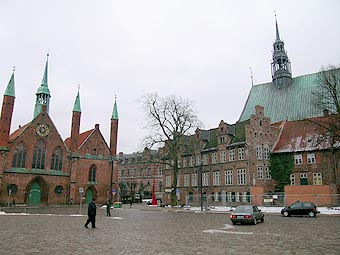 |
|
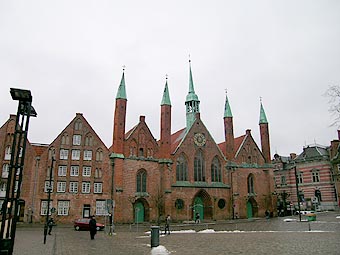 |
|
While the right lanes of the autobahn were owned by semis crisscrossing the country from Norway to Spain and Lithuania to Holland, they were owned by parked cars in all of Germany's inner cities, showcasing severe skills on part of the parking parties who often had mere centimeters front and aft to depart. The tiny SMART car would actually fit in sideways; it's so short as to not protrude into the street any farther than regular automobiles. Alas, that's not legal yet.
|
|
|
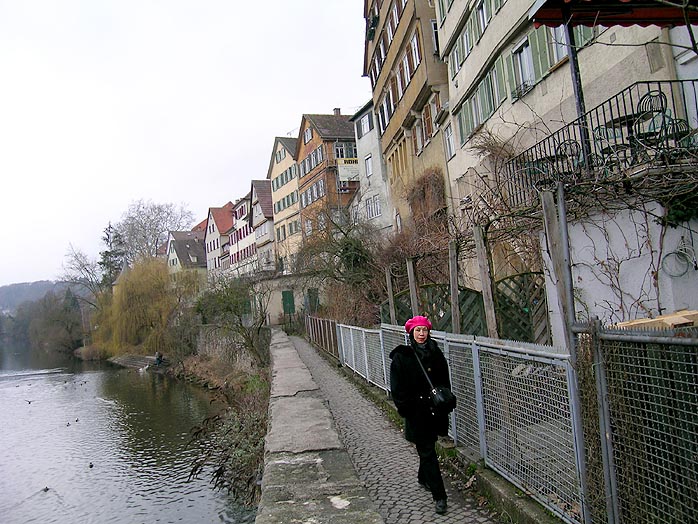 |
|
|
Tübingen's water front facing the Neckar saw white swans fed by regulars while the university city's population of 70,000 with a student density of 20,000 made for plenty of bistros and coffee shops, the latter strongly frequented by Turks who still constitute the majority of resident foreigners. A running joke with travel agencies promoting vacations in the Slavic or Polish territories goes something along the lines of "don't bother bringing your car - it's already there". This hints at the rise of organized crime in previously communist countries turned Western-style market economies. The latest racket seems to be towing away your car with an official-looking truck while you're asleep. Come morning and the bitter call to the local police, you're advised that it's already been disassembled, crated and now enroute as parts across the Eastern borders where it will be reassembled and sold on the black market.
Seeing Citroën, Peugeot, Renault, the Spanish Seat marquee, Fiat and the GM-subsidiary Opel on the roads while American cars were noticeably absent -- only Toyota and Mazda posted growth in the German automobile markets last year -- felt like a kid in a candy store. Hearing that Daimler's merger with Chrysler brought openly reduced customer satisfaction over its cars in its wake seemed fair dividends for corporate greed though the new Mercedes mini with removable rear seats à la sub-miniature mini van did look very promising indeed.
|
|
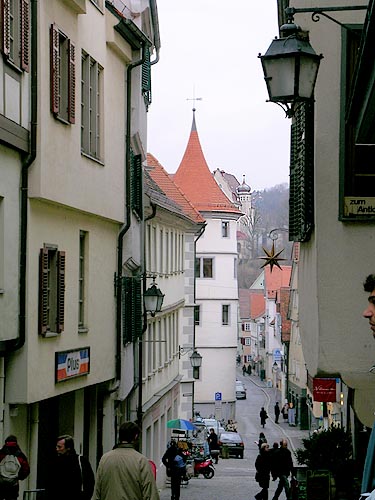 |
|
 |
|
|
|
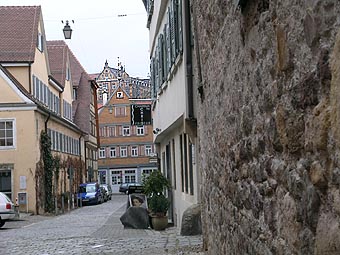 |
|
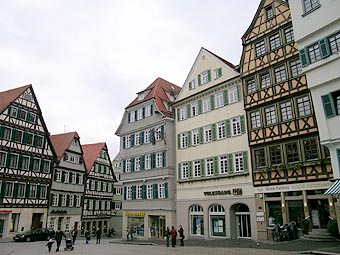 |
 |
|
Narrow cobble-stone alleys, tightly packed Fachwerk houses -- the technical term for the visible wooden skeletons of old brick buildings -- car-free pedestrian zones and carts with fresh vegetables, cheeses, sausages, crêpes, teas and other assorted goodies were visible markers for inner city living in Tübingen and Reutlingen. Handy stores -- or cellphones as we call them -- ruled the lands. Minors using adult friends or even strangers to sign expensive long-term contracts without their parents' knowledge (causing conniption fits upon receipt of the first bills) were a common sight, too.
|
|
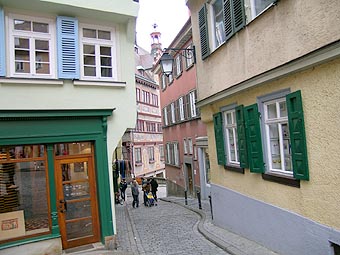 |
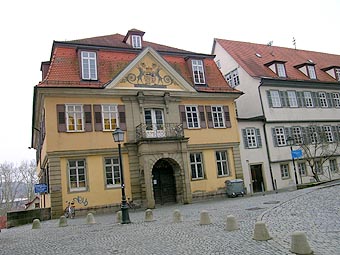 |
|
|
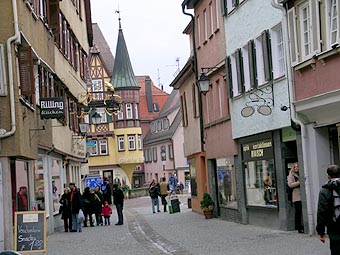 |
 |
|
The Scandinavian Ikea chain of affordable furniture and accessories has become so well-established as to have its own exit signs on freeways. The Aldi discount food chain, owned by two enterprising brothers who split up Germany into north and south and among each other, has added special buys to its offerings that usually arrive on a Wednesday -- say bicycles or computers -- to be entirely sold out come the following Thursday. Extremely pointy shoes with high heels were the rage with the younger chic female contingent while the presence of heavy cigarette smoke in every single restaurant signaled that at least when it comes to protecting non-smokers from this epidemic, the US might actually be ahead of the game.
|
|
|
 |
|
|
|
 |
|
 |
|
|
|
|
|
|
|
|
|